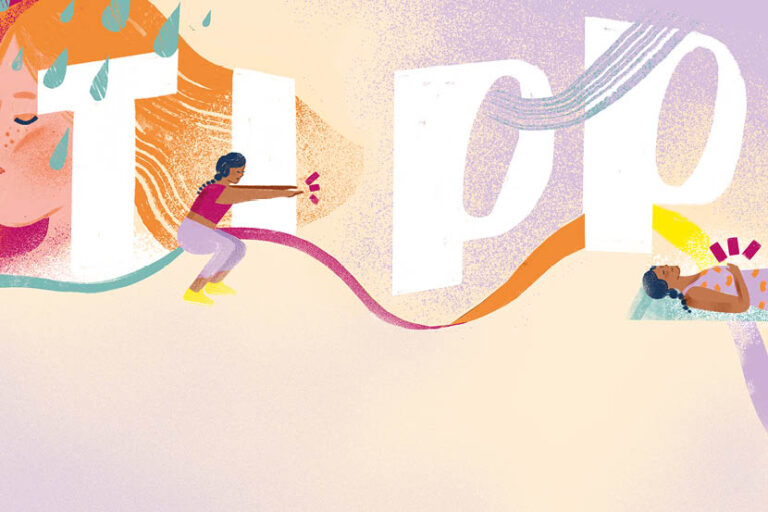
Romantic relationships have the power to make or break us. By practicing mindfulness we can rise above the drama, reclaim our love life, and reach a deeper sense of connection with ourselves
A lot of people believe that when we fall in love with ‘the one’ life flows freely, everything miraculously falls into place and we live happily ever after. I used to be one of them, a true romantic if you like. As a child, I dressed up as Disney princesses; in my teens, I watched romcoms like Richard Curtis’ Notting Hill so many times I was able to reel off the scripts, and, as a student, I read and re-read classic novels like Jane Austen’s Pride and Prejudice, hoping one day I, too, might meet my very own Mr Darcy (preferably in a wet white shirt wading out of a lake).
Then one day it happened. I was whisked off my feet and awakened with a kiss by my very own Prince Charming. Okay, there was no lake or wet shirt, but there were fireworks… it was Bonfire Night. I felt like I was on the big screen living my very own fairy-tale romance.
Gradually, the butterflies in my stomach began to settle as the honeymoon period wore off and we entered what’s often referred to as a mature adult relationship. We no longer showered each other with gifts, made less effort to organise date nights and began bickering about silly, insignificant things. And, at times, we let fear and insecurities lead our reactions, putting us at risk of sabotaging all we held dear. That’s when it dawned on me. I was living in fantasy land, holding on to unrealistic expectations, thinking my partner would provide me with the fairy-tale, till-death-us-do-part model. If I wanted a real-life version of the story, I was going to have to make it happen; no magic fairy dust was going to do it for me.
Don’t risk your relationship to fate
It was at this point I came across a study by the University of North Carolina which revealed couples who practised mindfulness were happier in their relationships. It sounded like a pretty easy, hassle-free, inexpensive option and I decided there and then I would use mindfulness as a tool to improve communication with my partner and reclaim the relationship, instead of leaving it in the hands of fate.
In long-lasting relationships, arguments are pretty much inevitable. In one way they show we care enough about our partner — what they think, say or do — to get worked up by them. Take the other day for instance, let’s just say I wasn’t very impressed when my partner missed his stop on the last train home, resulting in me having to get up in the middle of the night and drive 30 kilometres to collect him. At times like this, it can be easy to get caught up in our emotions, the tiredness, frustration and annoyance. We can even become blinded by them to the extent that we fail to realise we do actually have a choice. We can either let little mishaps end up in hostile silence, or choose to listen mindfully to our partner and clear the air.
Learn to listen mindfully
Here’s how a typical argument tends to unfold. We think we know our partners inside out and tend to make assumptions about what they are thinking or are going to say. Automatically rehearsing our response in our head, we fail to pay attention to the actual words being said. Filtering through their sentences, we selectively hear the words that confirm what we are thinking. With our sights set on a specific outcome, we close ourselves off to any other interpretation that could be made.
Reacting, rather than reflecting, our voices become raised, cutting in with words that pop into our heads, without taking a moment to think about how they might be interpreted or the potential pain they could inflict. Before we know it, what might have been a minor misunderstanding has spiralled into a full-blown argument, with one or both partners losing sight of what the original conversation was even about. Feeling frustrated, upset and exhausted for not having felt heard or understood, we then retreat into our shells as a tense, uncomfortable silence fills the air.
Although arguments may seem petty or insignificant upon reflection, when this stressful process repeats itself again and again, the hurt and disconnection caused can gently chip away at the resolve or feelings towards a relationship, putting it at risk. There is another way. By practising the art of mindful listening, we can learn to deal with misunderstandings, without turning them into something bigger than they need to be. This gives us a greater understanding of our partner and helps to bring us closer as a couple.
Put mindfulness into your love life by cultivating these 10 simple measures
- When you feel a discussion becoming heated, first become aware of any issues and agendas you might have and acknowledge any bias from your side.
- Pay full attention to your partner’s words, their tone of voice and the speed at which they are speaking. Remember, too, to notice their body language.
- Observe any thoughts that arise, but try not to pass judgment or instantly react on the basis of them. Instead refocus your attention towards your partner.
- Try not to rehearse mentally how you’re going to respond while they’re still speaking, but rather give them your full, undivided attention and listen closely.
- Once they’ve finished speaking, take a deep breath and pause. Give yourself time to reflect on what they have said before you begin to speak.
- Repeat out loud what you understood your partner to have said as this will confirm to both of you that you’re on the same page.
- Once clarified, take a moment to think how the most loving, kind and caring version of you would respond. Then talk slowly and calmly while maintaining eye contact.
- Avoid using the word ‘I’ during the conversation; replace it instead with words that tend to show a united front such as ‘we’ or ‘us’ or ‘together’.
- Try to put the argument into context and constructively look to resolve the issue because it helps to end on a positive note.
- Learning to be mindful doesn’t mean you should exercise moral authority over your partner; work with them, don’t see yourself as being on higher ground.


















